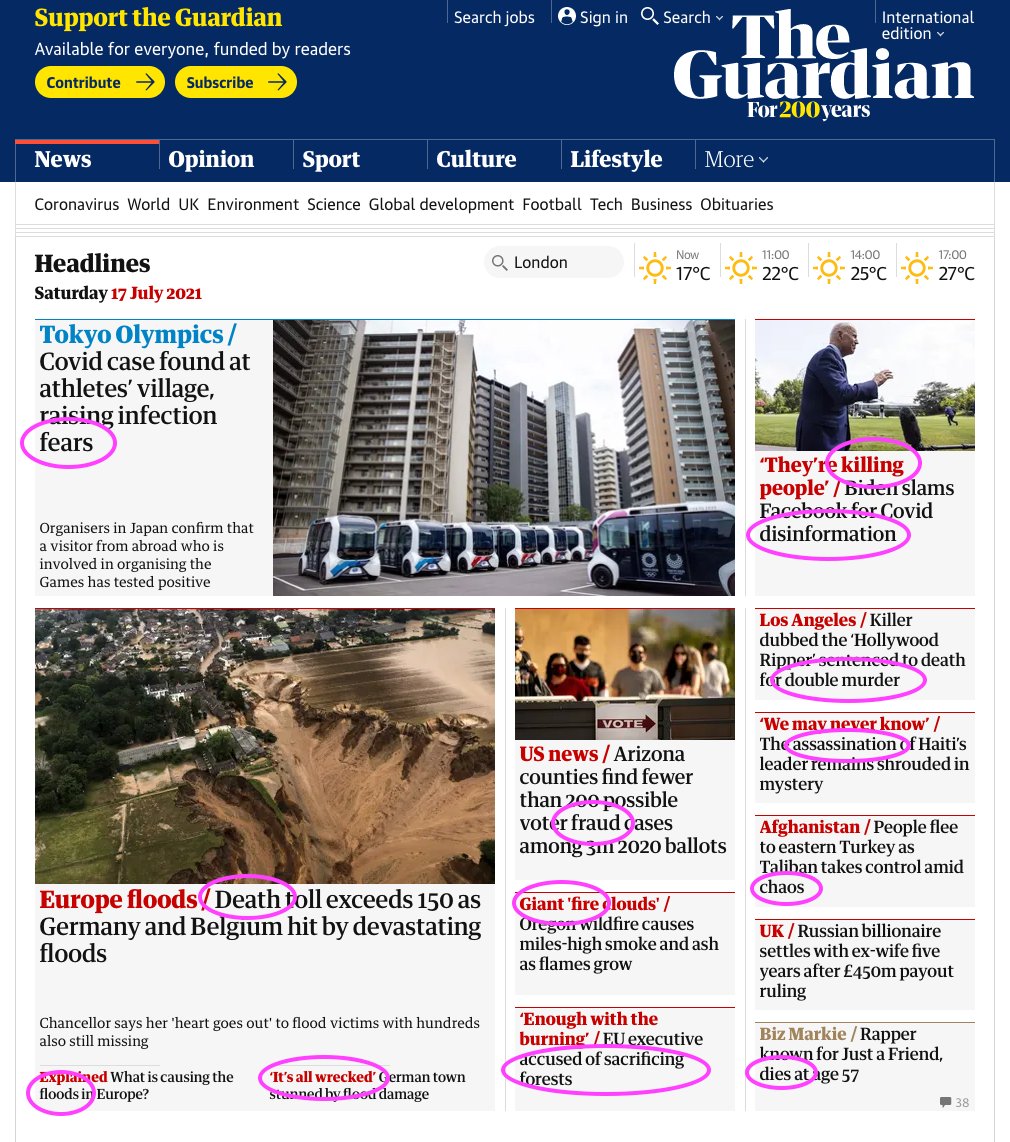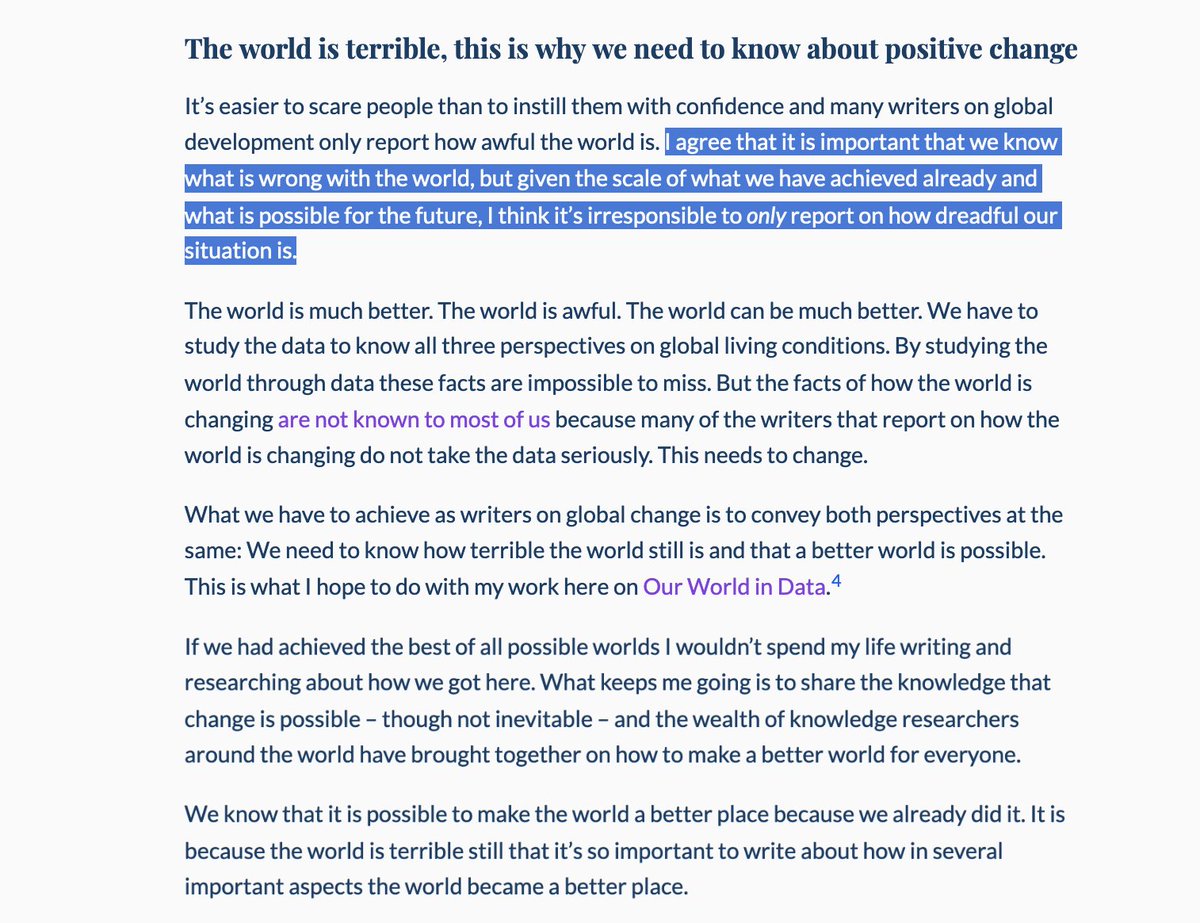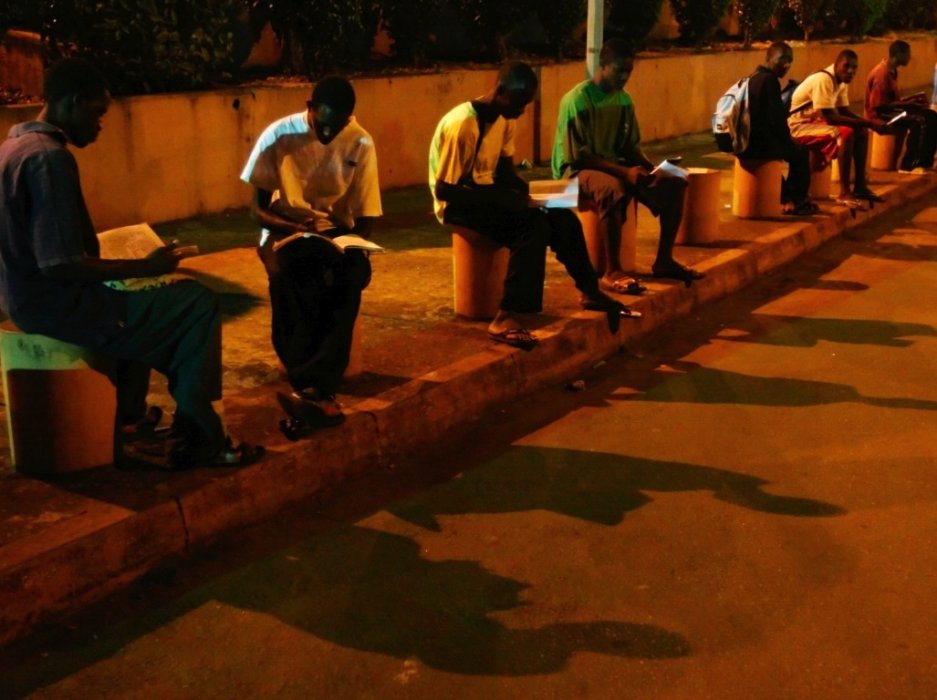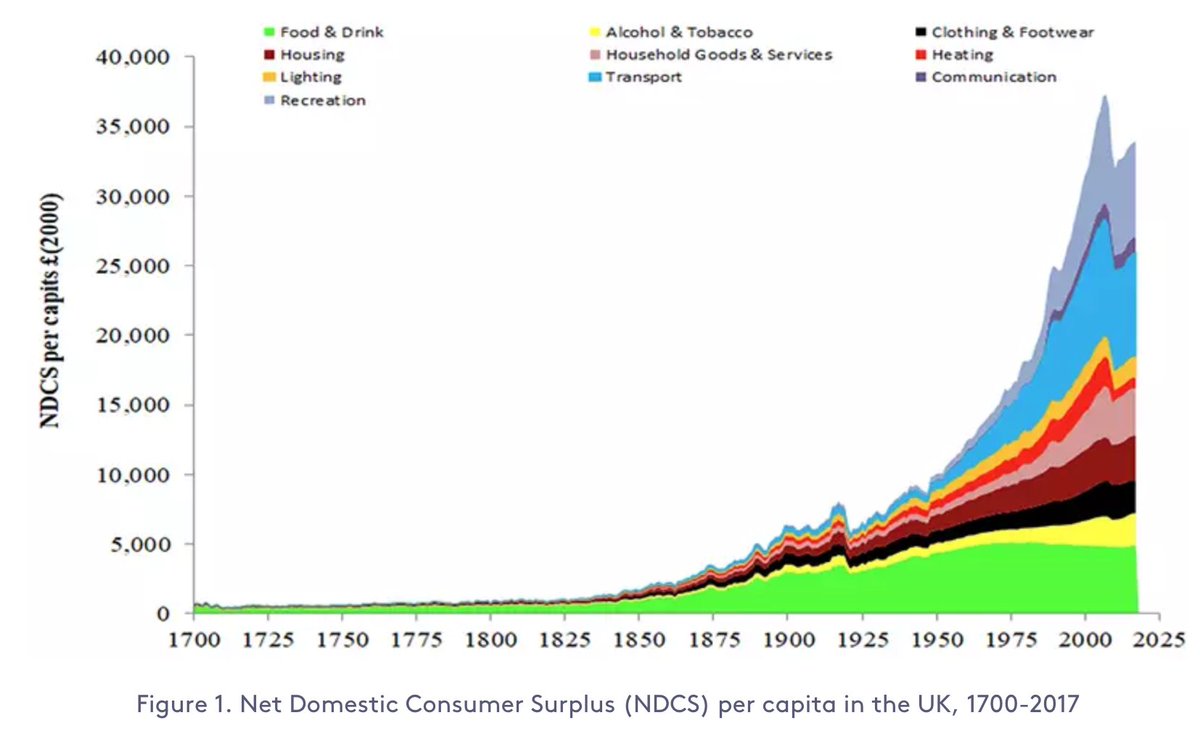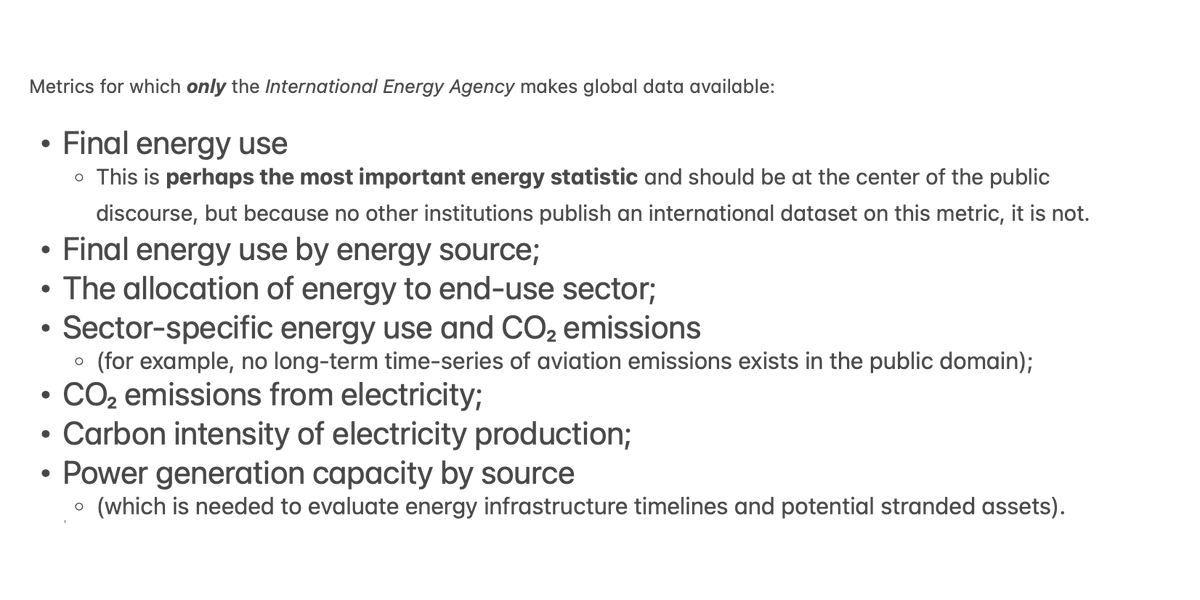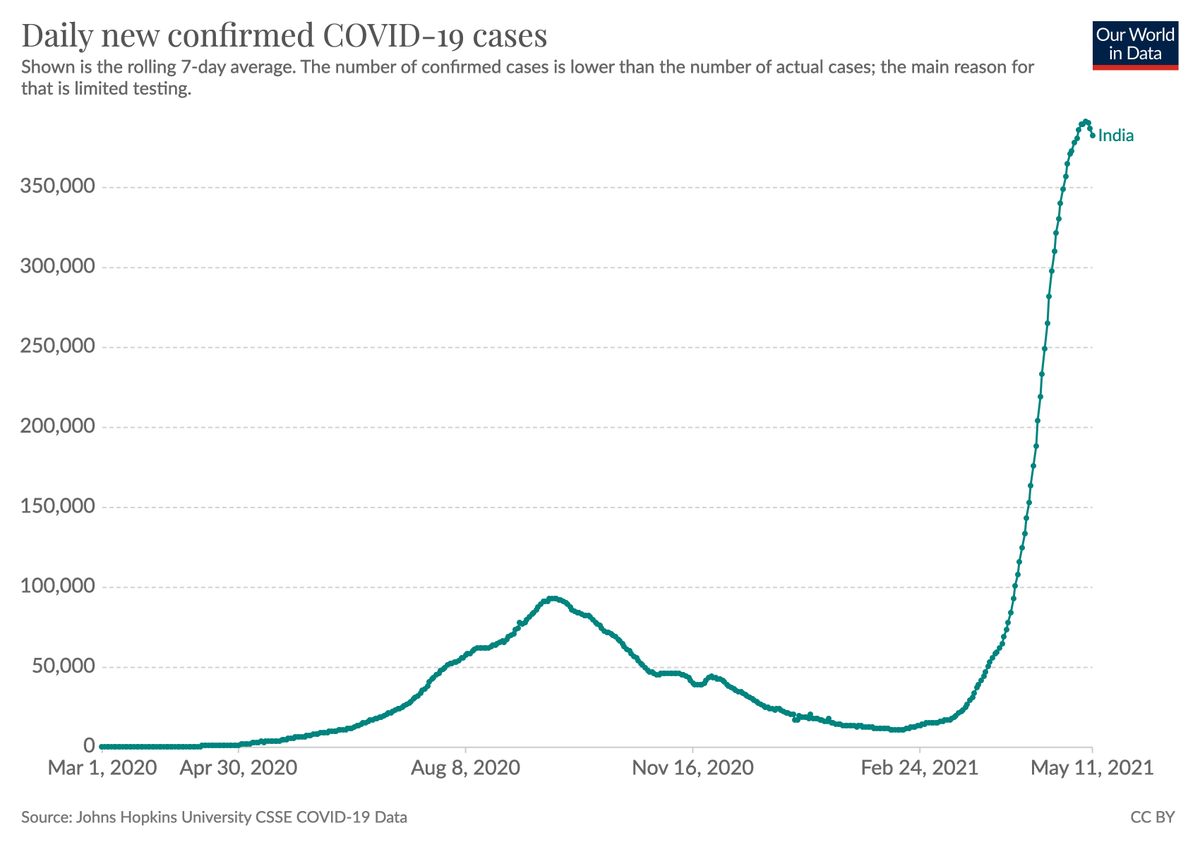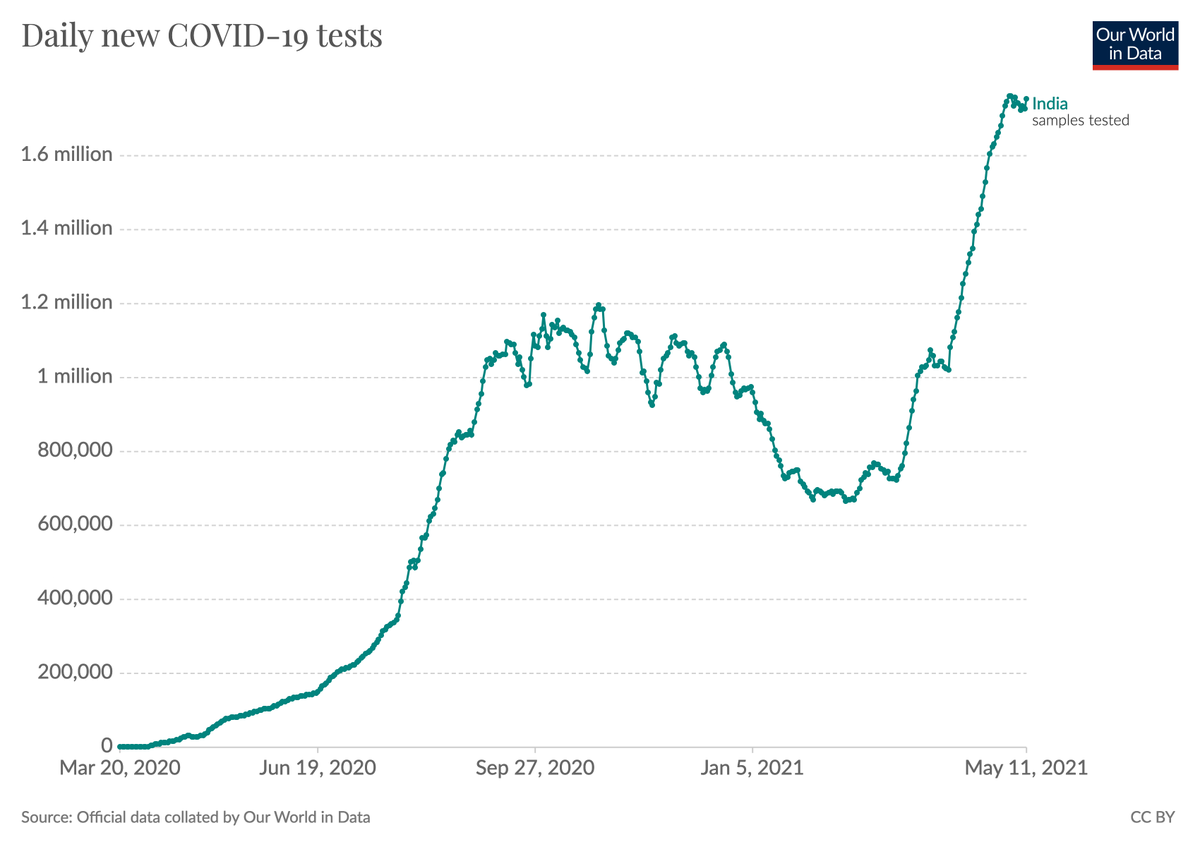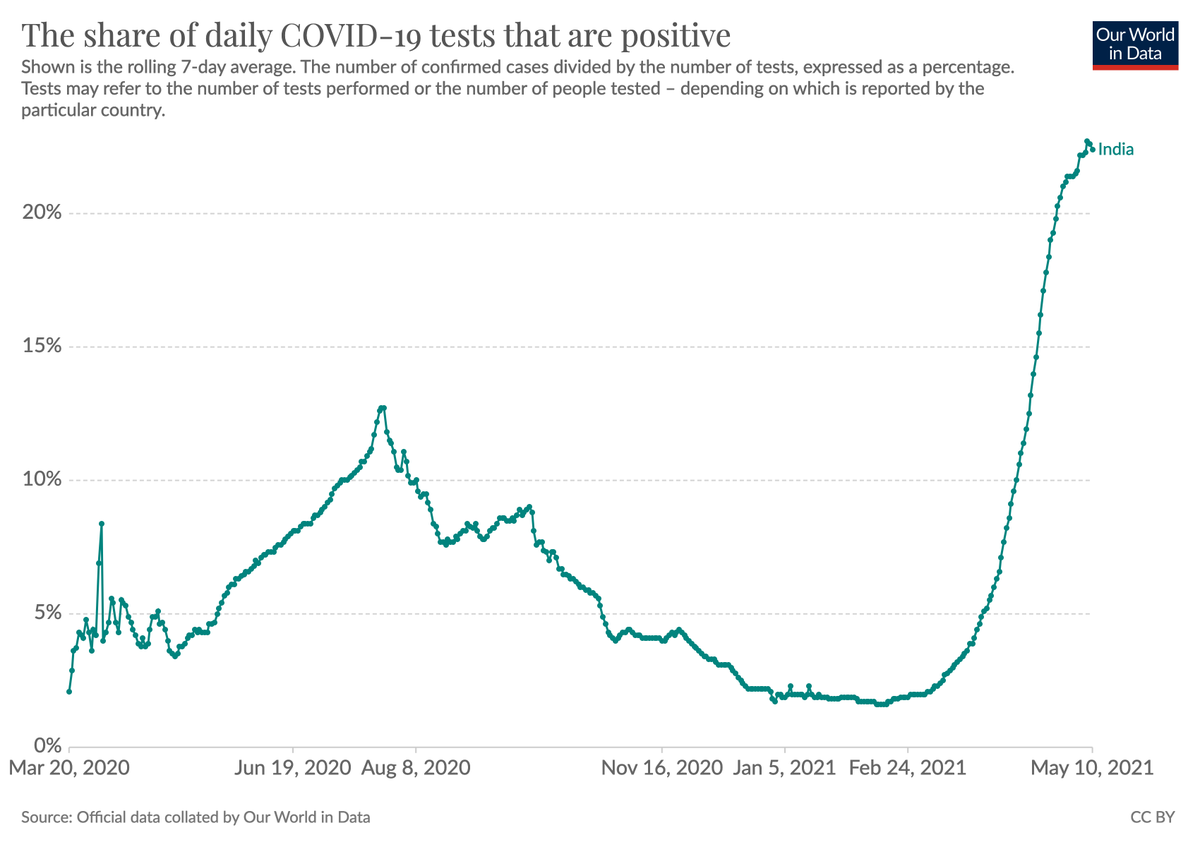
Mini-thread on why to donate.
– If you do have a high income then this is largely because you were lucky to be born at the right place and time.
– If you were born in the past or in a low-income country you'd be poor.
[See my post 'What is growth?' ourworldindata.org/what-is-econom…]
– If you do have a high income then this is largely because you were lucky to be born at the right place and time.
– If you were born in the past or in a low-income country you'd be poor.
[See my post 'What is growth?' ourworldindata.org/what-is-econom…]
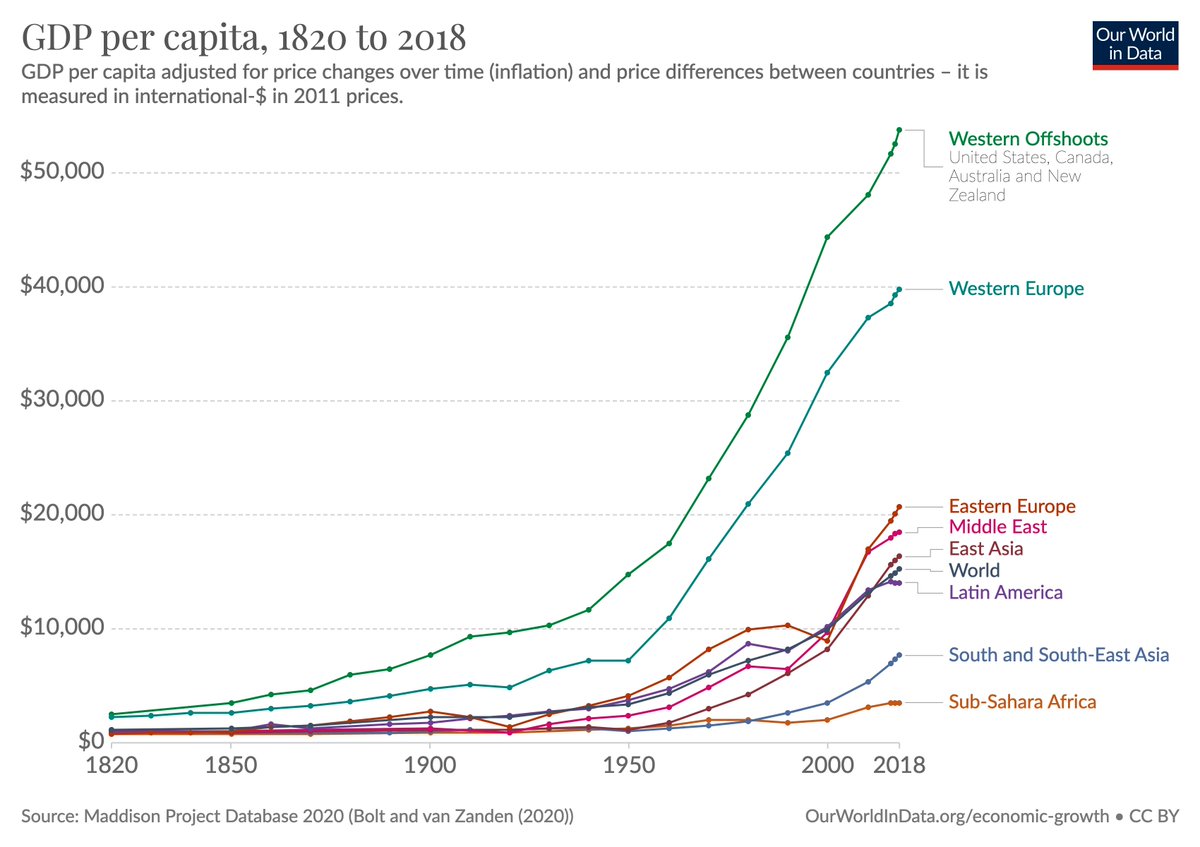
2/ Research shows: a person's home country explains *two-thirds* of the variation of income differences between all people in the world ourworldindata.org/poverty-growth…
This means where you are born is more important for how poor or rich you are than *everything else put together*.
This means where you are born is more important for how poor or rich you are than *everything else put together*.
3/ If you do have a high income, you have the opportunity to give some of your money away to support others who were less lucky than you.
4/ @GiveWell is a research team that finds the charities that make the biggest difference per each dollar or euro that you donate.
On their site you find their recommended charities and their *great research* of how they arrived at these recommendations givewell.org
On their site you find their recommended charities and their *great research* of how they arrived at these recommendations givewell.org
5/ Giving via Givewell is one way to donate that I'd recommend.
On their site you find all the research and you can choose exactly where you want to donate your money to.
On their site you find all the research and you can choose exactly where you want to donate your money to.
6/ The way that I donate is via 'Effective Altruism Funds' funds.effectivealtruism.org
– They also rely on Givewell's research
– But they also focus on other areas and as a donor you trust them to make decisions for you
– I pay into the 'Fund' with a recurring transfer every month
– They also rely on Givewell's research
– But they also focus on other areas and as a donor you trust them to make decisions for you
– I pay into the 'Fund' with a recurring transfer every month
7/ This chart shows just how large the differences are between people who were born into a country that saw large growth in the past decades and a place that only saw only little economic growth.
[from ourworldindata.org/poverty-minimu…]
[from ourworldindata.org/poverty-minimu…]
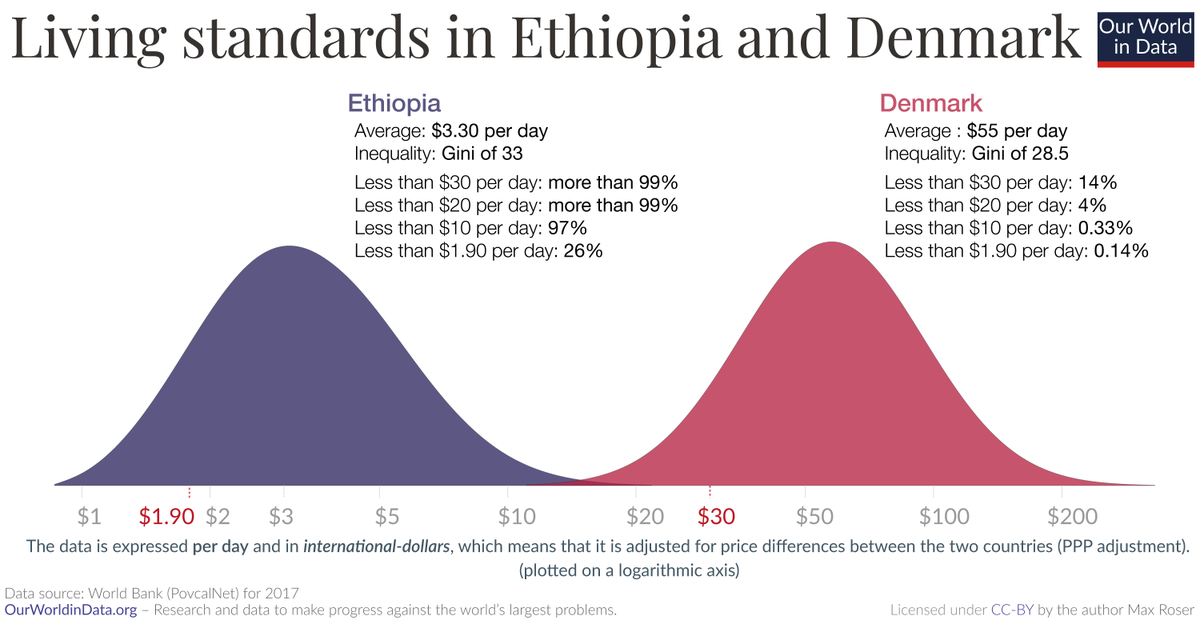
8/ Some reply that we should just pay taxes.
Yes, we should. But no matter in which rich country you pay your taxes almost none of that goes to the world's poor people.
I'm in favour of changing this, but in the meantime donations are the only way to suport poor people.
Yes, we should. But no matter in which rich country you pay your taxes almost none of that goes to the world's poor people.
I'm in favour of changing this, but in the meantime donations are the only way to suport poor people.
• • •
Missing some Tweet in this thread? You can try to
force a refresh


